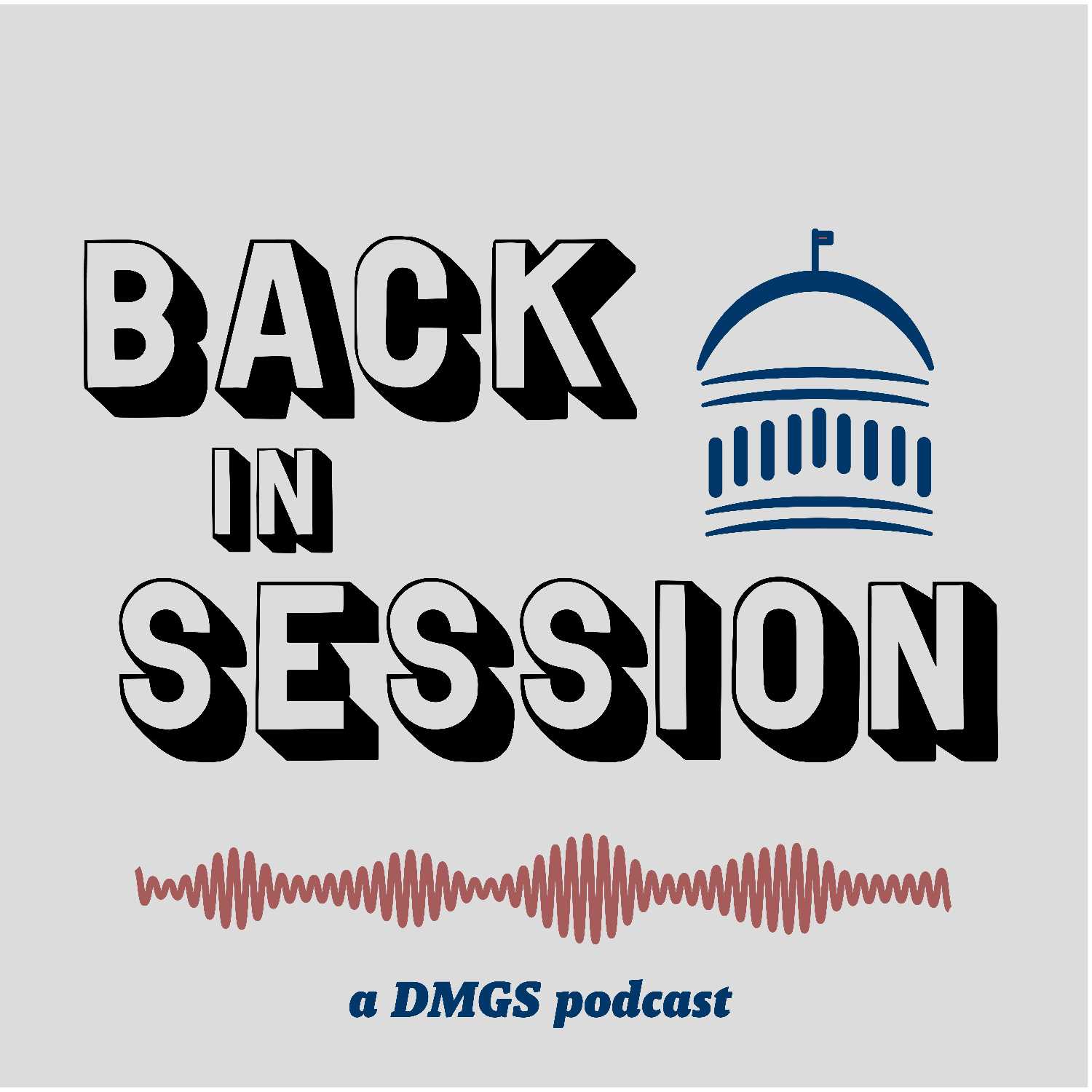
Whether you are focusing your government affairs strategy and efforts in one capitol or multiple capitols, you probably have heard of the different “groups.” You have also likely wondered whether or not it would be worth it to attend their different meetings scheduled throughout the year and utilize them as a resource. National groups whose membership includes different policymakers (i.e., legislators, governors, state row offices, etc.) should be carefully considered when developing your government affairs strategy.
Who are the Different Groups?
The different groups that could be helpful in your government affairs strategy include but are not limited to:
- National Conference of State Legislatures (NCSL)
- “NCSL, founded in 1975, represents the legislatures in the states, territories and commonwealths of the U.S. Its mission is to advance the effectiveness, independence and integrity of legislatures and to foster interstate cooperation and facilitate the exchange of information among legislatures.”
- Council of State Governments (CSG)
- “Founded in 1933, The Council of State Governments is the nation’s largest nonpartisan organization serving all three branches of state elected and appointed officials. The mission of CSG is to champion excellence in state government and the organization executes that mission through four major platforms.”
- American Legislative Exchange Council (ALEC)
- “The American Legislative Exchange Council is America’s largest nonpartisan, voluntary membership organization of state legislators dedicated to the principles of limited government, free markets and federalism. Comprised of nearly one-quarter of the country’s state legislators and stakeholders from across the policy spectrum, ALEC members represent more than 60 million Americans and provide jobs to more than 30 million people in the United States.”
- State Legislative Leaders Foundation (SLLF)
- “SLLF is a nonpartisan, nonprofit organization dedicated to professional development for our nation’s current and future state legislative leaders. Their constituency includes Speakers of the House, Senate Presidents, Majority Leaders, Minority Leaders, and Leaders Pro Tempore.”
- Senate Presidents Forum (SenPF)
- “The Senate Presidents’ Forum is a nonpartisan, nonideological, nonprofit 501(c)(3) educational organization, established in 1994. The Forum’s mission is to provide a nonpartisan environment where State Senate leaders meet to consider potential solutions to critical problems facing the states.”
- National Governors Association (NGA)
- “Founded in 1908, the National Governors Association is the voice of the leaders of 55 states, territories, and commonwealths. Our nation’s Governors are dedicated to leading bipartisan solutions that improve citizens’ lives through state government. Through NGA, Governors identify priority issues and deal with matters of public policy and governance at the state, national and global levels.”
- Republican Governors Association (RGA)
- “The Republican Governors Association is dedicated to one primary objective: electing, re-electing, and supporting America’s Republican governors.”
- Democratic Governors Association (DGA)
- “The Democratic Governors Association (DGA) is an independent voluntary political organization organized to support Democratic governors and candidates across the nation.”
- National Lieutenant Governors Association (NLGA)
- “The National Lieutenant Governors Association (NLGA), organized in 1962, is the professional association for the elected officials first in line of succession to the governors in the 50 states and five U.S. territories. The purpose of NLGA is to promote the efficiency and effectiveness of the office of lieutenant governor and the official second-in-command, to foster interstate cooperation, to provide a medium for the exchange of views and experiences on subjects important to the people of the states and territories, and to generally improve the efficiency of state and territorial administration.”
Which Groups Should I Focus On?
Knowing who the groups are above, you must ask yourself a few questions. Do you or your organization have enough time, staffing, and resources to allocate to engaging different groups? Who is your target audience? Perhaps you only want to focus on one group to start and see what the results are.
Keep Your Calendar Updated
If you are interested in engaging with any of the different groups of policymakers, stay up-to-date with all upcoming events by emailing Ryan Stevens at rjstevens@dmgs.com.
Pay Attention & Get Engaged
As with everything, the key is to pay attention. Make sure you are not only aware of the events that are happening, but what is on the agenda, who are some of the speakers, and if there are any sessions scheduled that are relevant to your organization. If you are trying to test the waters, try attending an event. Some groups have regional events which may be easier for you to travel to, such as the Council of State Governments.
You can choose to attend on your own as an attendee (but make sure you register ahead of time!) or even reach out to the organization itself to see what kind of engagements are available to your organization. For example, you could have an exhibit table at one of the largest gatherings of state lawmakers or policy leaders to showcase your organization, or simply attend sessions, take notes, and network. No matter what you intend to do at one of these events, you must always plan ahead and make sure you have goals in place ahead of time.
DMGS: Here to Help!
Duane Morris Government Strategies (DMGS) is here to help you succeed at every step of this process and make sure you know how to navigate and plan for interacting and engaging with these different groups.
For more information, please contact us at emartins@dmgs.com or 609-577-3687.
Latest News
As legislative sessions kick off across the country, advocacy professionals must navigate diverse political landscapes, shifting priorities, and fast-moving policy developments. In this episode of Back in Session, hosts Ryan Stevens and Ryan DeMara sit [...]
Photo credit: iStock.com/hapabapa As the year draws to a close, state legislatures across the country are gearing up for their upcoming sessions in 2025. A critical aspect of this preparation is state legislative prefiling, a [...]
In this episode of the Back in Session podcast, hosts Ryan Stevens and Ryan DeMara sit down with Terra McClelland, President of the State Government Affairs Council (SGAC) and Vice President of Government and External [...]
Photo credit: iStock.com/Pavel Muravev Following the 2022 midterm elections, Democrats hold veto-proof majorities in both legislative chambers in nine states, compared to 18 for Republicans. In a state’s checks and balances system, [...]






Stay In Touch